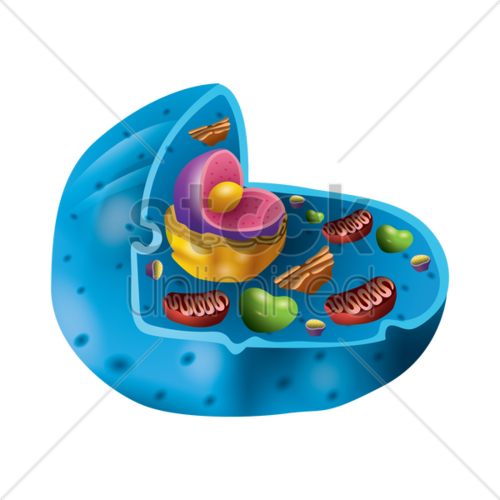The “toxicity” of Chinese medicine has a unique meaning in traditional Chinese medicine theory, referring to the nature of the medicine, classified as major toxicity, common toxicity, minor toxicity, and non-toxic based on the strength of the medicinal properties. Substances like daphnamine in croton seeds and croton oil in croton seeds are both toxic components and crucial for therapeutic effects. Through professional processing and compatibility, these toxic side effects can be reduced or eliminated, depending on the targeted treatment. As the ancient saying goes, “The harm of medicine lies in the physician, not in the medicine.” With correct application, even toxic medicines can be safe; conversely, non-toxic medicines may also be harmful. Medical practitioners in the Qing Dynasty, such as Xu Lingtai, emphasized that even seemingly harmless medicines like licorice and ginseng can be considered toxic if used improperly. Therefore, under the guidance of a professional physician, following the correct dosage and duration of use can help prevent toxic reactions from Chinese medicine.
Several aspects need attention when using Chinese medicine: first, there are contraindications in compatibility, one must be cautious of potential adverse chemical reactions between medicines to avoid negating the efficacy; secondly, there are contraindications during pregnancy, where using highly toxic or strong medicinal materials should be avoided during pregnancy; there are also dietary contraindications, where spicy, seafood, and allergenic foods should not be consumed together; and there are contraindications based on the syndrome, where appropriate medicines should be chosen based on the condition.
The choice of utensils is crucial when decocting Chinese herbal medicine, recommending the use of sand pots or stainless steel pots to prevent the influence of iron or copper pots on the medicinal properties. Generally, herbal materials do not need washing, but if necessary, they should be quickly washed to prevent loss of small particles. The water level should be sufficient to cover the herbal materials, especially for water-absorbing flowers and herbs to ensure the water level. Regarding the heat, bring to a boil over high heat and then simmer over low heat, adjusting the specific duration based on the nature of the medicine, such as quickly decocting exterior-releasing medicines and slowly stewing nourishing medicines.
In conclusion, the use of Chinese medicine is a meticulous process that requires strict adherence to medical advice. The correct decoction and consumption methods are crucial for safety and efficacy. Adhering to these regulations during treatment can greatly benefit the recovery process.


